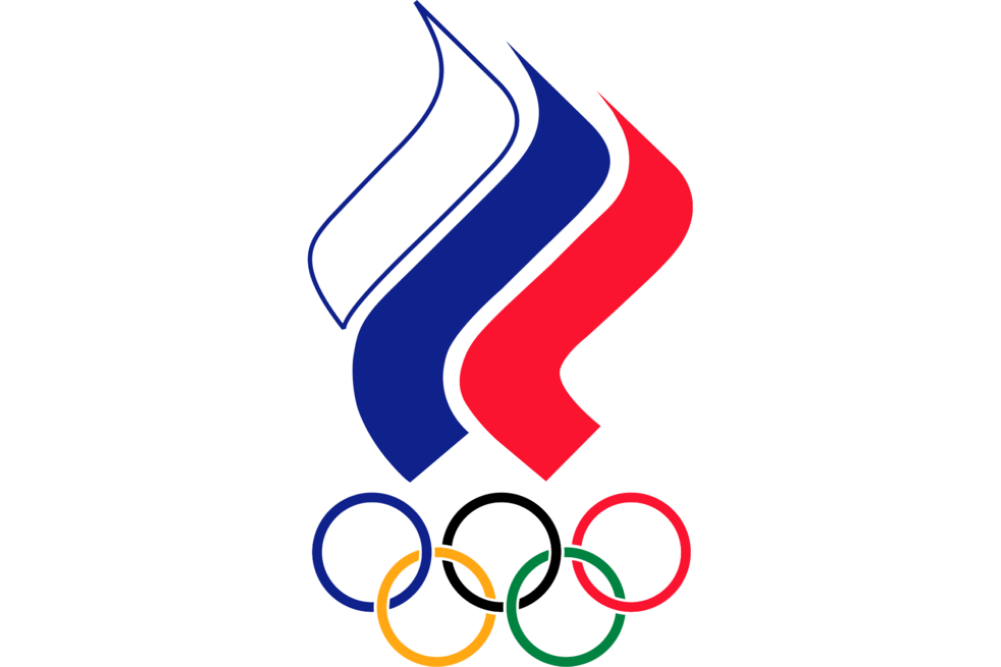Recently, Cristiano Ronaldo slapped the phone out of a 14-year-old fan’s hand, as the kid tried to take a photo from the terraces. The kid’s phone was broken, he was apparently bruised, and the police are investigating this “assault.” Meanwhile, Charlotte Hornets forward Miles Bridges threw his mouthguard at an abusive fan, accidentally hitting a girl. And finally, Ronaldo’s fellow Manchester United player Marcus Rashford was also embroiled in some controversy after apparently swearing at a fan who had criticized his performance. Rashford denied swearing, claiming that he instead said “come over here and say it to my face,” which he acknowledged was silly.
These cases are a bit different – Ronaldo hit a child (though there is no suggestion he knew this was a child, and it was hardly violent), Bridges did something perhaps less violent but a bit more disgusting, and Rashford merely swore. How should we judge these sports stars? My inclination is that the Ronaldo and Bridges cases are fairly obvious: they shouldn’t have been violent, and it was obviously wrong to act in that way.* Rashford’s case raises more interesting questions.
In Rashford’s case (and Bridges’s), he was being berated by fans – this was not on-pitch or in the stadium (like it was for Bridges) – and those fans then reacted with complete indignation when he dared respond to them. And this raises a question: why can fans swear at players, as they so often do, yet when a player raises his middle finger it is (according to the same fans) an outrage?
Perhaps a good starting point is the concept of a role model. People often criticize the behavior of sports stars by saying that they should be exemplars – they should act in a way that encourages other people, especially kids, to behave correctly. If this is true, it explains why fans can, say, swear but players cannot.
But should players be seen as role models? Basketball player Charles Barkley – who had his run-ins with fans – famously said, in a Nike commercial: “I am not a role model… Parents should be role models. Just because I dunk a basketball, doesn’t mean I should raise your kids.” This hits on something very basic: his job is to play basketball, it is to throw a ball through some hoops, and that is what we admire him for. What does being a role model have to do with that?
Alas, this is an overly simplistic view of the role of sports in society. Sports clubs are socially important, and how they do – as well as how players behave – reflects on fans. As Alfred Archer and Benjamin Matheson have argued, sports stars are often representatives of their club or country; when they misbehave, this can bring collective shame on the whole club. When a player is embroiled in a scandal, when a player does something morally disgusting, this makes everyone connected with the club ashamed. And this means that players should be expected to behave in certain ways. (In some scenarios, this might apply to fans, too, such as if they engage in racist chanting – or the Tomahawk Chop – but generally it seems as though players are representatives, fans less so.)
So, an argument like this – though Archer and Matheson are not explicitly trying to argue that players are role models – can ground the idea that players have special obligations to behave appropriately. That said, it might not extend to all sorts of behavior. Perhaps players can be adulterers, who are moderately unpleasant to those around them, but it does mean that players have an extra obligation to not be morally awful: firstly, they should not be morally awful for the standard moral reasons, secondly, they should not be morally awful because it can bring shame on so many others.
I am partial to the idea that players do have certain obligations to behave appropriately, since they are not merely playing sport. Even so, this does not establish the perceived gap between how players should act and how fans should act.
Firstly, it’s far from clear that Rashford’s behavior rises to the level of being bad enough to bring shame on Manchester United. Secondly, we haven’t explored what obligations fans have. How should they behave toward players?
Start with the idea that fans are supposed to support a team. Support can range from cheering them on in the stadium to decking out your home in a variety of merchandise. But you can support someone while criticizing them: after all, if you support someone you want them to do well, and that can involve telling them when they’re doing badly. When it comes to sports fandom, that might even involve booing if a player doesn’t perform well.
But even if booing is okay, there are limits to this, too: criticism and displeasure is one thing, abuse another. As Baker Mayfield has reminded us, the player is doing their job. Mayfield wonders whether the fan would be so keen on booing, if he had things his way: “I would love to show up to somebody’s cubicle and just boo the shit out of them and watch them crumble.” Perhaps fans need to bear this in mind, even if booing is occasionally acceptable when a player really underperforms.
Yet even if criticizing a player is acceptable, this seems to cross a line when the player isn’t playing. To intrude at work is one thing, but when they’re headed home, or to the team bus, seems to be another. It is to treat the player as having no personal life, but having a personal life is something everybody has a right to.
This brings us back around to Charles Barkley’s complaint with being a role model. Yes, he’s an athlete and that is what we are meant to respect, where he’s wrong is in thinking this shields him from any non-sporting expectations. But he is right that he is a man with a life to live, and once we get far enough away from the basketball court, we shouldn’t have much interest in what he does with his life (so long as it isn’t too egregious!).
All of this is to say, slapping a kid’s phone out of his hand or throwing a mouthguard is bad, but so is abusing players. Perhaps the real problem in the Rashford incident isn’t that he failed to be a role model – he in fact is a role model who behaves admirably in the public sphere – the problem is that fans lose sight of how they should behave.
*Around a week after this incident, Ronaldo’s child died. We do not know what stresses Ronaldo was under that might change how we view this incident. His bereavement obviously changes our view of this situation.






